People > Veda Vaidyanathan

Veda Vaidyanathan is a multi-disciplinary researcher who specializes in Asia - Africa interactions. As an Associate Fellow at the Centre for Social and Economic Progress (CSEP) in New Delhi, and an Associate at the Harvard University Asia Center, she brings a comparative perspective to her work, often examining Chinese and Indian engagements in the continent. Her expertise lies in managing research projects, curating multi-cultural teams and conducting extensive fieldwork across geographies. Research projects she has designed and led have examined investments in financial services and mining in Zimbabwe, agriculture in Zambia, infrastructure development in Tanzania and Kenya and pharmaceutical manufacturing in Ethiopia.
Her effort has been to work with universities, research institutes and Civil Society Organizations to gather perspectives from the grassroots, produce evidence-based research that bridges the academic research – development practitioner work gap. During her PhD at the University of Mumbai, she was a recipient of the ICS-HYI China-India Studies Fellowship and spent a year at Peking University, China and the Harvard-Yenching Institute. Prior to this, she was also a Doctoral Fellow at the Indian Council of Social Science Research.
Her analysis and Op-Ed's have been published in The Washington Post, The Hindu, The Diplomat, South African Journal of International Affairs and findings presented in various global conferences and podcasts, including as part of the Indian delegation to the 17th Russia-India-China (RIC) academic trilateral in Beijing. She tweets @vedavn.
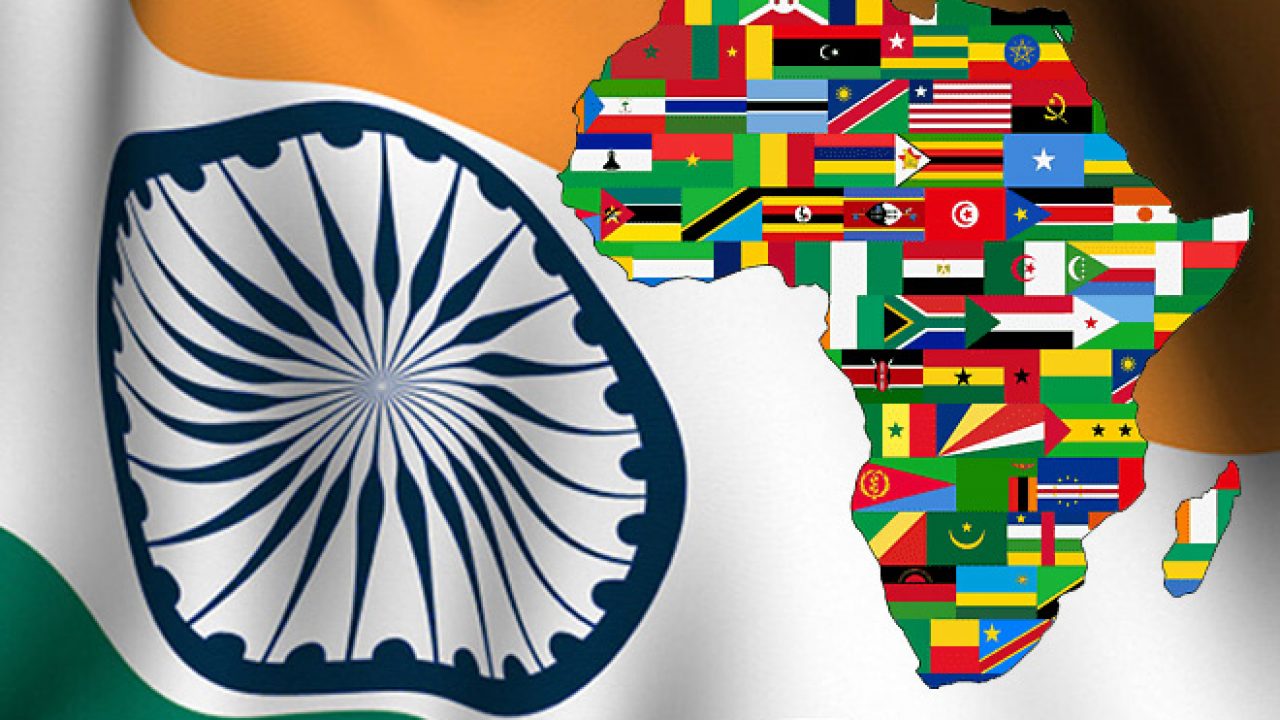
This paper examines multiple facets of New Delhi’s development cooperation with countries in Africa and argues that grassroots organizations in India that find innovative, low-cost technological
How can the G-7’s new global infrastructure partnership do things differently from China’s Belt and Road Initiative? Launched at the June Group of Seven meeting, the Build Back Better World

A historical solidarity is today a modern partnership,” tweeted External Affairs Minister S. Jaishankar during his recent trip to Kenya.
The United States government is stepping up its effort to mobilize its friends and allies to challenge China’s growing influence across large swathes of the Global South.
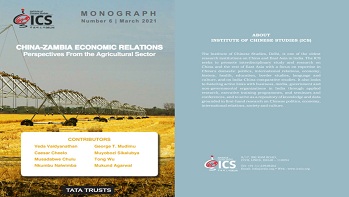
The 'China in the World' research programme at the ICS aims to demystify China's place in the World and understand the granular details of its increasing global footprint. To this end, in 2018, Dr. Veda Vaidyanathan at the ICS began analysing the quickly evolving dynamics between China and countries in Africa, with funding from TATA Trusts.

India can reach out to African nations in a variety of ways to help them deal with the Covid devastation
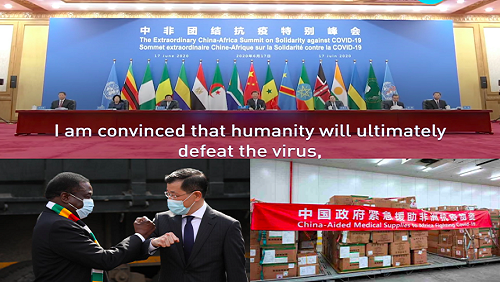
China faces tremendous international scrutiny concerning the initial mismanagement and lack of transparency surrounding its handling of the COVID-19 pandemic, which included efforts to stifle dissent. If the comprehensive review of the global response to COVID-19 confirms China as the source as is..
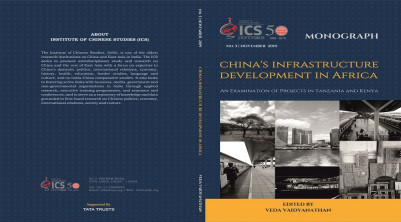
The study titled 'China's Infrastructure Development in Africa: An Examination of Projects in Tanzania and Kenya' was undertaken as part of the 'China in the World' research programme at the Institute of Chinese Studies (ICS).
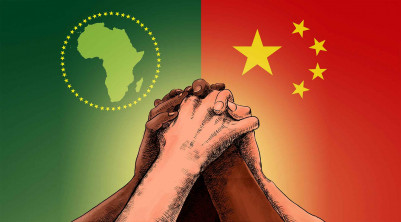
The idea, purpose, concept and the agenda of the BRI mutates and takes on many forms depending on who is describing it. Opaque structures, institutions shrouded in secrecy and questionable data sets are familiar challenges while studying China’s layers. This lack of clarity spills into literature and conversations surrounding the Belt and Road Initiative (BRI) as well.
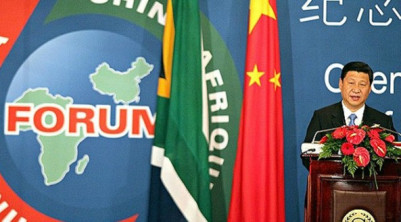
The choice of theme ‘China and Africa: Toward an Even Stronger Community with a Shared Future through Win-Win Cooperation’ is a deliberate shift from the donor-donee approach the west is often criticized for using. This article analyses the outcomes of the recently concluded FOCAC Summit and contextualizes it against the various measures Beijing has in place to build human and institutional capacity in the continent.
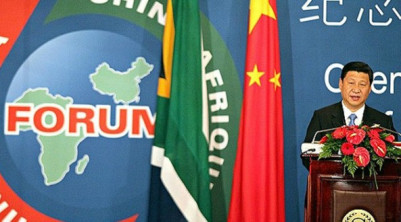
चीन अफ्रीका सहयोग मंच यानी FOCAC ने 3 और 4 ससतंबर को अपनी स्थापना की 18वीं सालसगरह मनाई. सदग्गजों की चमक-दमक से भरे इस भू-राजनैसतक (Geo-Political) समारोह का आयोजन बीसजंग में सकया गया था
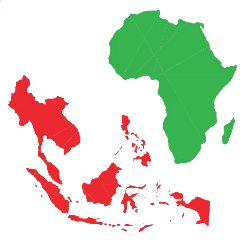
The pace at which economic partnerships have developed between countries in the ASEAN region and their counterparts in Africa in the past few decades have led to deliberations regarding the possibilities of an ASEAN-Africa model of cooperation. In addition to becoming one of the favoured destinations for FDI outflows from ASEAN, African countries have also become vital trading partners. While most of the initial investments were focused on the energy sector, with time the portfolios have steadily diversified into financial services, telecommunications, shipping, water sanitation and infrastructure among others.
Sino-Indian relations with countries in Africa, Emerging powers and their interactions with Africa, Sino-Indian Resource Diplomacy Strategies in Africa
Visiting Associate Fellow
Ph.D. from the Centre for African Studies at the University of Mumbai
© 2019 ICS All rights reserved.
Powered by Matrix Nodes